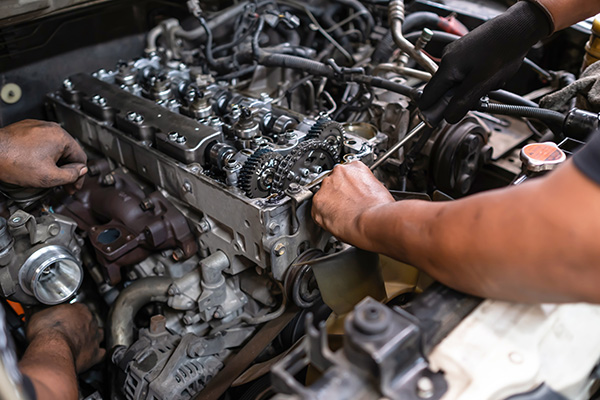
Keeping your car in top shape can feel daunting, but it's worth the effort. Regular maintenance can save you a ton of money in the long run by preventing major issues before they become expensive problems. If you've ever been blindsided by a hefty repair bill, you know what the feeling is. So, how do you avoid those wallet-draining surprises?
The Importance of Regular Oil Changes
One of the most critical aspects of vehicle maintenance is changing the oil regularly. Without it, or with old, dirty oil, your engine can suffer serious damage. Regular oil changes keep your engine lubricated, reduce wear and tear, and help it run smoothly. Make it a habit to check your oil level and follow your manufacturer's recommended oil change schedule.
Tire Maintenance
Next up, let's talk about tires. They're literally where the rubber meets the road, so keeping them in good condition is paramount. Check your tire pressure regularly. Underinflated tires can lead to poor fuel economy and increased wear. Overinflated tires can be just as bad, causing uneven wear and a harsher ride. Don't forget to rotate your tires as well. This simple act can extend their life and improve your car's handling. While you're at it, keep an eye on the tread. Bald tires are a recipe for disaster, especially in wet or icy conditions.
Brake Maintenance
Brake maintenance is another crucial area. Your brakes are your car's most important safety feature, so keeping them in good working order is non-negotiable. Listen for any unusual noises when you brake, such as squeaking or grinding. These sounds can be early warning signs that your brake pads need replacing. Ignoring them can lead to more severe damage and higher repair costs. If your car starts pulling to one side when you brake, it's time to get your brakes checked out.
Timing Belt
Ever heard of a little thing called the timing belt? It's a critical component that keeps your engine running smoothly. If it fails, your engine could suffer catastrophic damage. Timing belts don't give much warning before they break, so it's essential to replace them according to your vehicle's maintenance schedule. Check your owner's manual to see when yours is due and don't delay. It might be a significant expense upfront for some people, but it's nothing compared to the cost of an engine rebuild.
Fluid Checks
Your car relies on various fluids to operate correctly: coolant, transmission fluid, brake fluid, and power steering fluid, to name a few. Each one plays a vital role in your vehicle's performance. Regularly check these fluid levels and top them off as needed. Changing them at the recommended intervals can prevent breakdowns and extend your car's life. Neglecting them, on the other hand, can lead to overheating, poor handling, and even complete system failures.
Electrical System
The electrical system in your car is another area that needs attention. From your battery to your alternator, ensuring these components are in good shape is crucial. A weak battery can leave you stranded, while a failing alternator can cause a whole host of problems. Test your battery regularly, especially before winter, and replace it if it shows signs of weakness. Keep an eye on your car's lights because dimming or flickering lights can be a sign of electrical issues that need addressing.
Alignment and Suspension
Lastly, don't forget about your car's alignment and suspension. If you've noticed that your car is pulling to one side, or if your ride has become unusually bumpy, it might be time for an alignment check. Poor alignment can cause uneven tire wear and put extra strain on your suspension components. Addressing these issues promptly can save you money and improve your driving experience.
Stay ahead of costly repairs with regular maintenance at Snider Auto Care. Schedule your next service appointment today and keep your vehicle in peak condition!